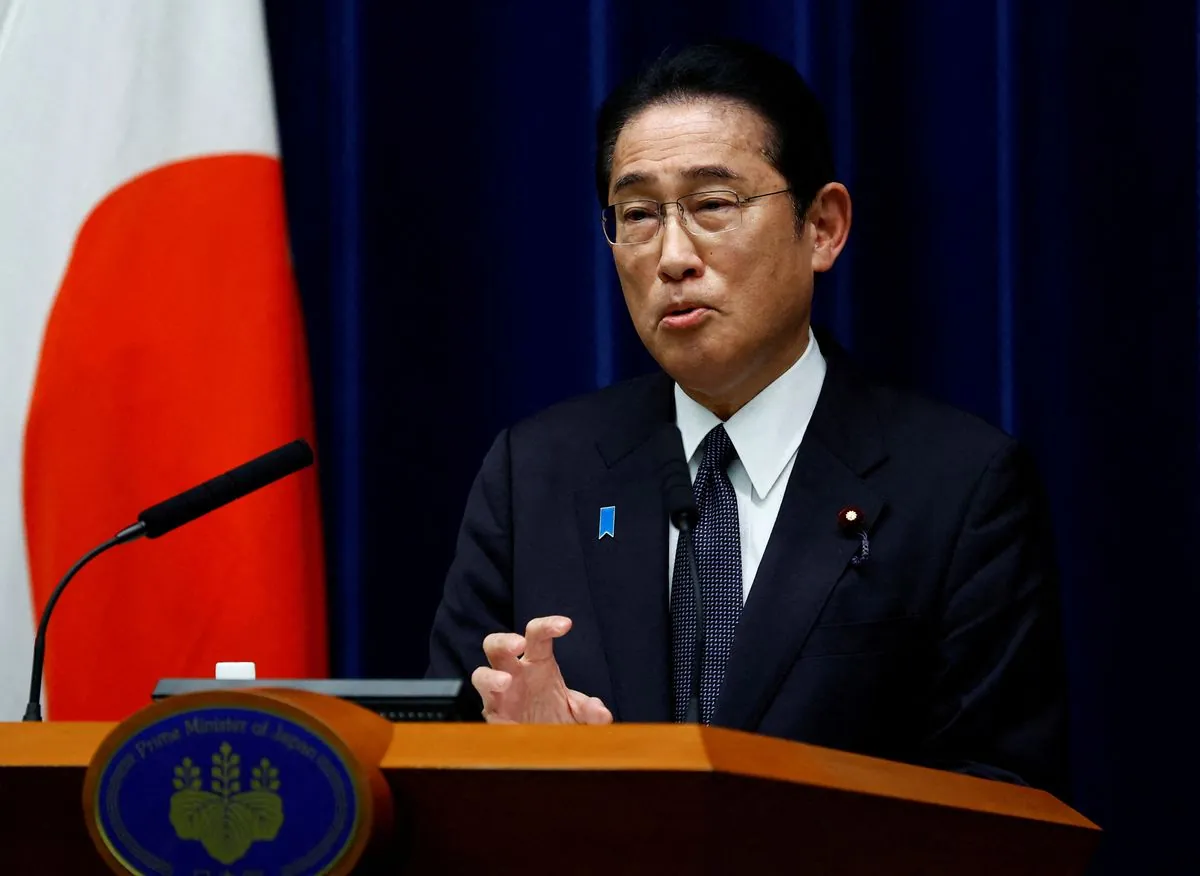Fumio Kishida, Japan's current Prime Minister, has decided not to seek re-election as president of the Liberal Democratic Party (LDP), effectively announcing his resignation from the country's top leadership position. This development comes as Kishida's approval ratings have plummeted to historic lows, with recent polls indicating a mere 15.5% public support.
Kishida, who assumed office in October 2021, has led Japan for nearly three years. During his tenure, he focused on strengthening Japan's defense capabilities, aligning more closely with the United States on security matters, and improving relations with South Korea. These efforts have been part of a broader strategy to address regional challenges and bolster Japan's international standing.
The decision to step down coincides with the end of Kishida's term as LDP president in September 2024. The party is set to hold its leadership race, with the date to be determined on August 20, 2024. This election will not only decide the new LDP leader but also, given the party's parliamentary majority, Japan's next prime minister.
It's worth noting that Japan's political system, a parliamentary democracy, does not involve direct election of the prime minister by the public. Instead, the Diet, Japan's parliament, selects the prime minister, typically the leader of the majority party or coalition. The LDP has dominated Japanese politics since its founding in 1955, making its leadership contests crucial in determining the country's top executive.
Kishida's decision to step down reflects the challenges faced by Japanese leaders in maintaining public support while addressing complex domestic and international issues. Japan's aging population, economic pressures, and evolving regional security dynamics have all contributed to the difficulties faced by recent administrations.
"Kishida's departure marks another chapter in Japan's ongoing political evolution. The next leader will need to address not only immediate economic concerns but also long-term strategic challenges facing the nation."
The upcoming leadership transition occurs at a critical time for Japan. The country has been gradually increasing its defense spending, moving away from its traditional 1% of GDP limit, in response to regional security concerns. Additionally, efforts to strengthen ties with allies like the United States and improve relations with neighbors like South Korea have been key priorities.
As Japan prepares for this leadership change, the international community will be watching closely. The outcome of the LDP leadership race will have significant implications not only for Japan's domestic policies but also for its role in regional and global affairs.
